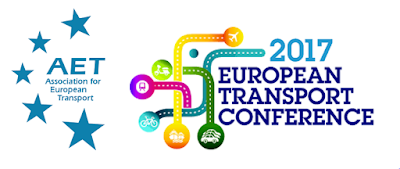Mireia Gilibert
SEAT, S.A., Autovía A-2, Km. 585 08760 Martorell, Spain
Departament d’Organització d’Empreses (DOE), Universitat Politècnica de Catalunya · BarcelonaTech (UPC), Av. Diagonal, 647, 08028 Barcelona, Spain
Imma Ribas
Silvia Rodriguez-Donaire
Departament d’Organització d’Empreses (DOE), Universitat Politècnica de Catalunya · BarcelonaTech (UPC), Av. Diagonal, 647, 08028 Barcelona, Spain
ABSTRACT
SEAT, S.A., Autovía A-2, Km. 585 08760 Martorell, Spain
Departament d’Organització d’Empreses (DOE), Universitat Politècnica de Catalunya · BarcelonaTech (UPC), Av. Diagonal, 647, 08028 Barcelona, Spain
Imma Ribas
Silvia Rodriguez-Donaire
Departament d’Organització d’Empreses (DOE), Universitat Politècnica de Catalunya · BarcelonaTech (UPC), Av. Diagonal, 647, 08028 Barcelona, Spain
ABSTRACT
Social and economic trends have strongly changed in the last years due to the economic crisis and the evolution of technology. These factors have influenced a sharing revolution, also in the mobility sector motivated for the increasing urbanisation and environmental consciousness. The paper focuses on the intended use of shared mobility services by citizens of the metropolitan Barcelona region, relying on a quantitative analysis of their mobility patterns, behaviours, needs and expectations. Six hundred surveys with commuting travellers were conducted in order to identify the differences among customers regarding different factors, such as their age, daily trips or personal incomes. Results show clear different patterns depending on whether commuting trips are within or out of the city and a greater intended use of ridesharing, carsharing and ride-hailing services of the youngest population. Besides, data indicates that travellers do not have preferences for a single mean of transport but for the service that best meets their needs in each occasion.
See more at: https://app.box.com/s/pk8zxnv6ge7chbg4k96ofw4fmwujuqqt
W

